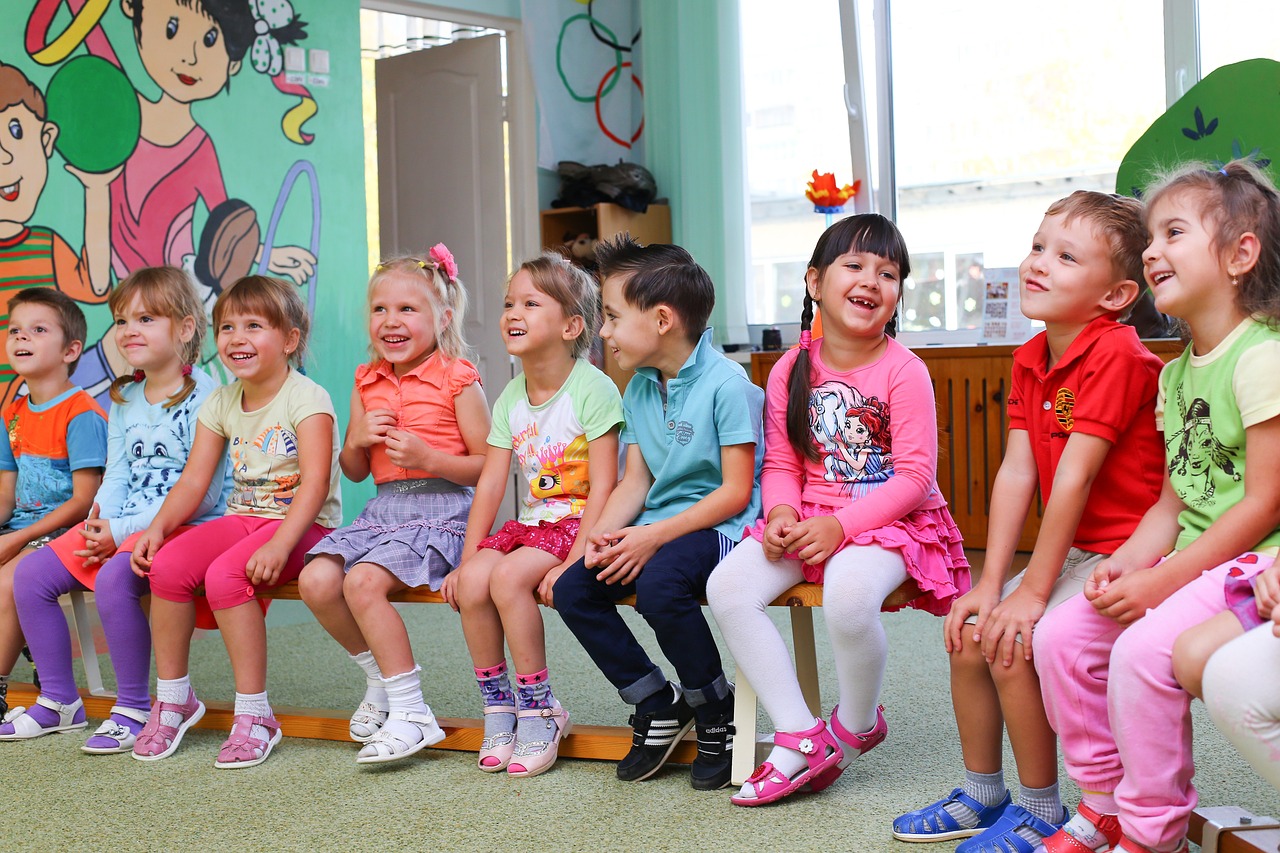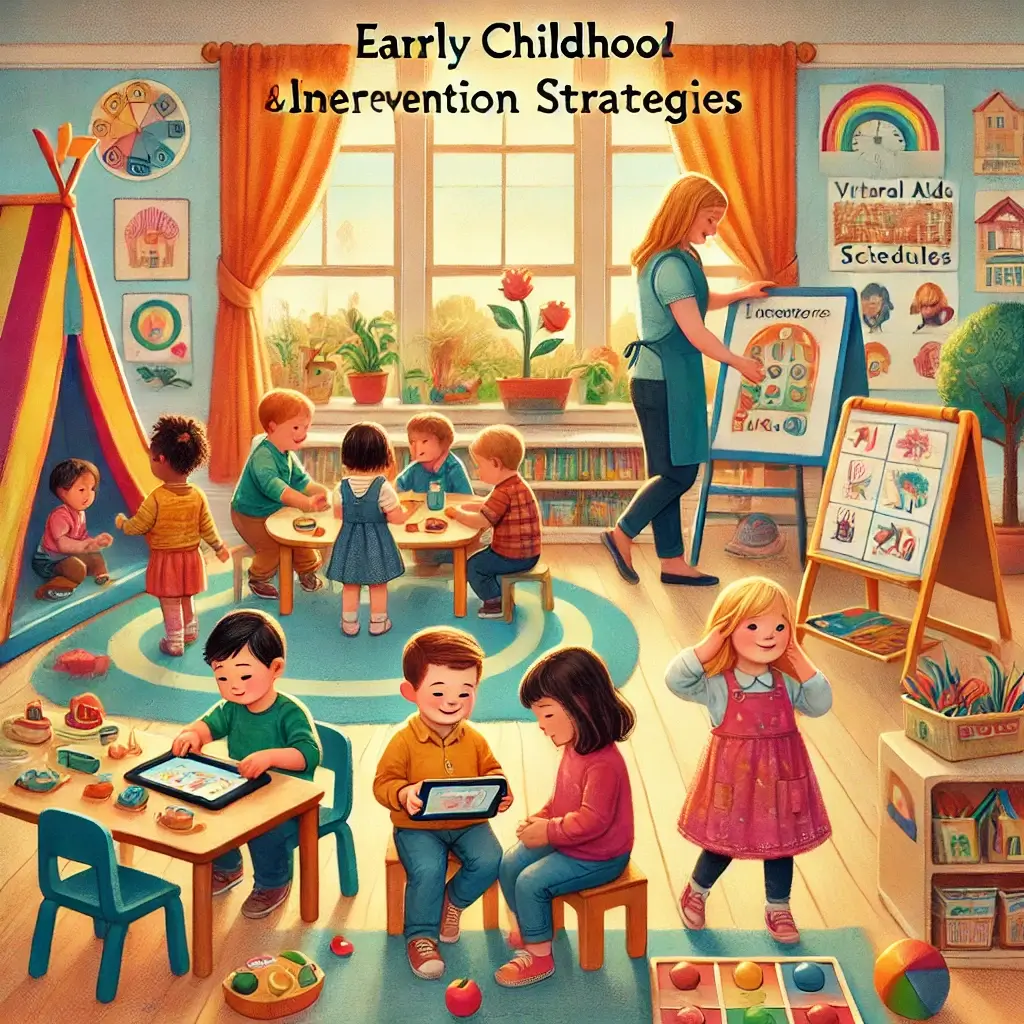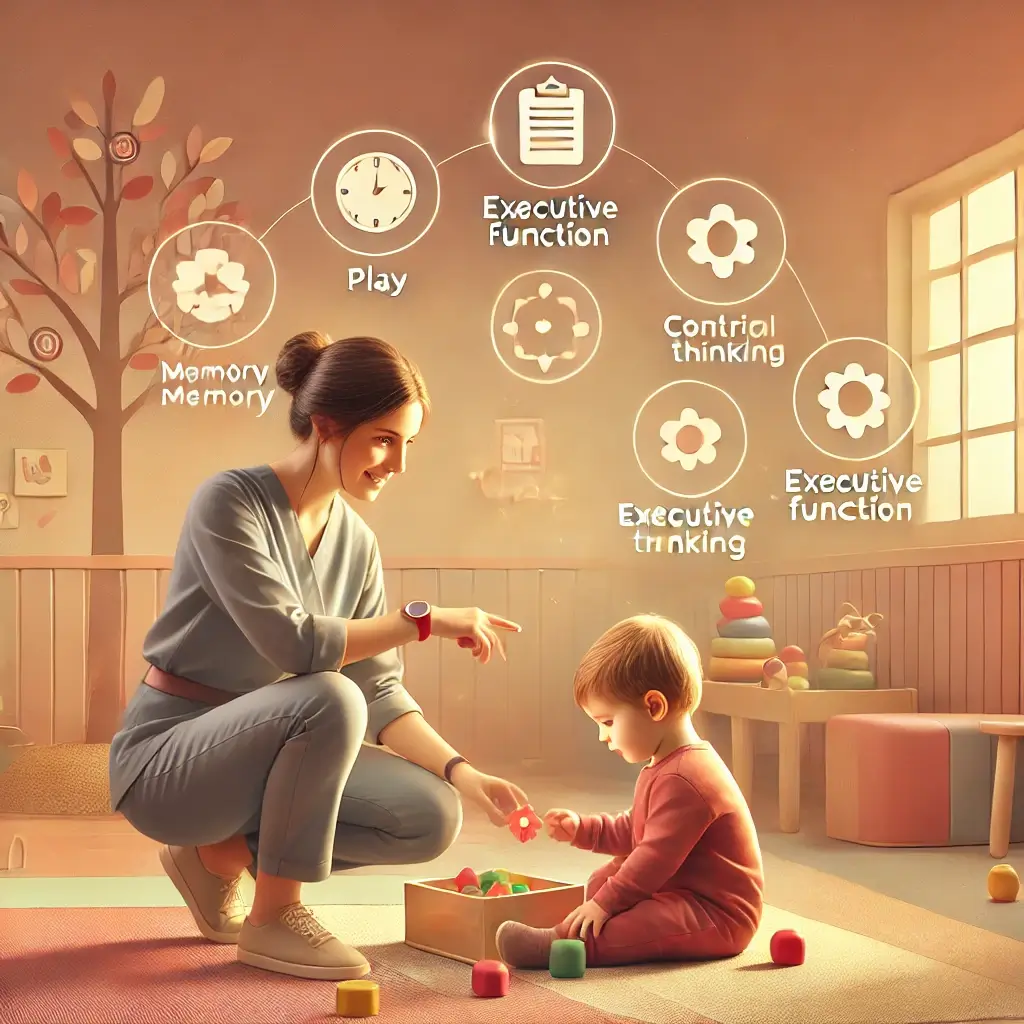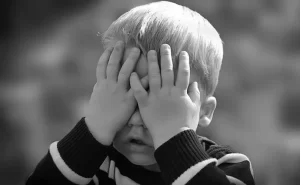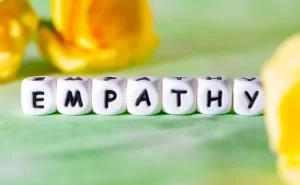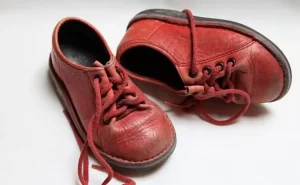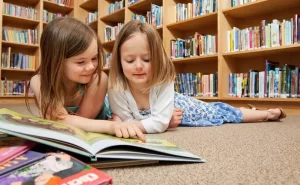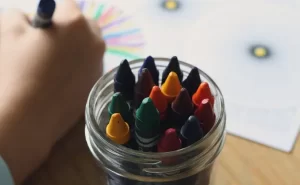How to Prepare Your Young Learners for Kindergarten
A child’s first day in kindergarten marks a significant milestone. It’s an occasion to take numerous photographs and shed a tear. However, the actual job of preparing for that first day begins much before the formal enrollment date. There are multiple ways for parents to assist their children in preparing for school, and they can spend little money or time doing so.
A decent education for all students should provide a solid foundation in both intellectual and social-emotional skills. To attain this goal, early childhood educators must thoroughly understand how young children grow and learn.
Educators can assist children in developing their talents.
These educators can assist children in developing their talents in a range of locations and environments, including preschools, family homes, community centers, and even their backyards.
They can also assist children and their families in building the lifelong learning habits required to prepare them for school and a bright future.
As the COVID-19 pandemic has drawn attention to the nation’s underfunded early childhood education system, lawmakers are looking for solutions to increase all families’ access to high-quality, low-cost child care and early learning opportunities. Some states are experimenting with novel policies, such as free pre-kindergarten programs and school readiness assessments for 4-year-olds.
Provide more specific recommendations to early childhood educators on how to apply research-based approaches.
The National Association for the Education of Young Children (NAEYC) has begun to provide more specific recommendations to early childhood educators on how to apply research-based approaches to improve children’s social and emotional development.
For example, a youngster who can express and regulate their emotions, whether they are excited or nervous about going to school, can adjust more quickly to the classroom setting.
Children who can focus, follow instructions, and participate in classroom activities are better prepared for the demands of a kindergarten curriculum.
Children who can unpack their bags, hang up their coats, and put on their shoes are more prepared for the independence expected in a kindergarten classroom setting.
Reading and writing activities at home and working with an expert ECE instructor can help children develop these skills.
Academic preparedness refers to a child’s capacity to read and write, grasp and apply mathematical concepts, think critically, and solve issues. Reading and writing activities at home and working with an expert ECE instructor can help children develop these skills.
The child’s personal life experiences and ability to think critically and solve issues play a significant role in creating these academic talents.
It is not uncommon for children to excel in some academic areas while struggling in others. However, kindergarten instructors must detect these vulnerabilities and collaborate with parents and families to ensure children enter the classroom confident and prepared to acquire their state’s academic standards.
To get started, download a free checklist of skills that children should be prepared for before beginning school. This checklist covers five essential areas for academic success: colors/letters, numbers/counting, size/comparisons, and shapes. The checklist also includes some activities you can perform at home to assist your child get ready for kindergarten.
